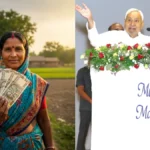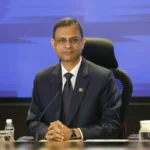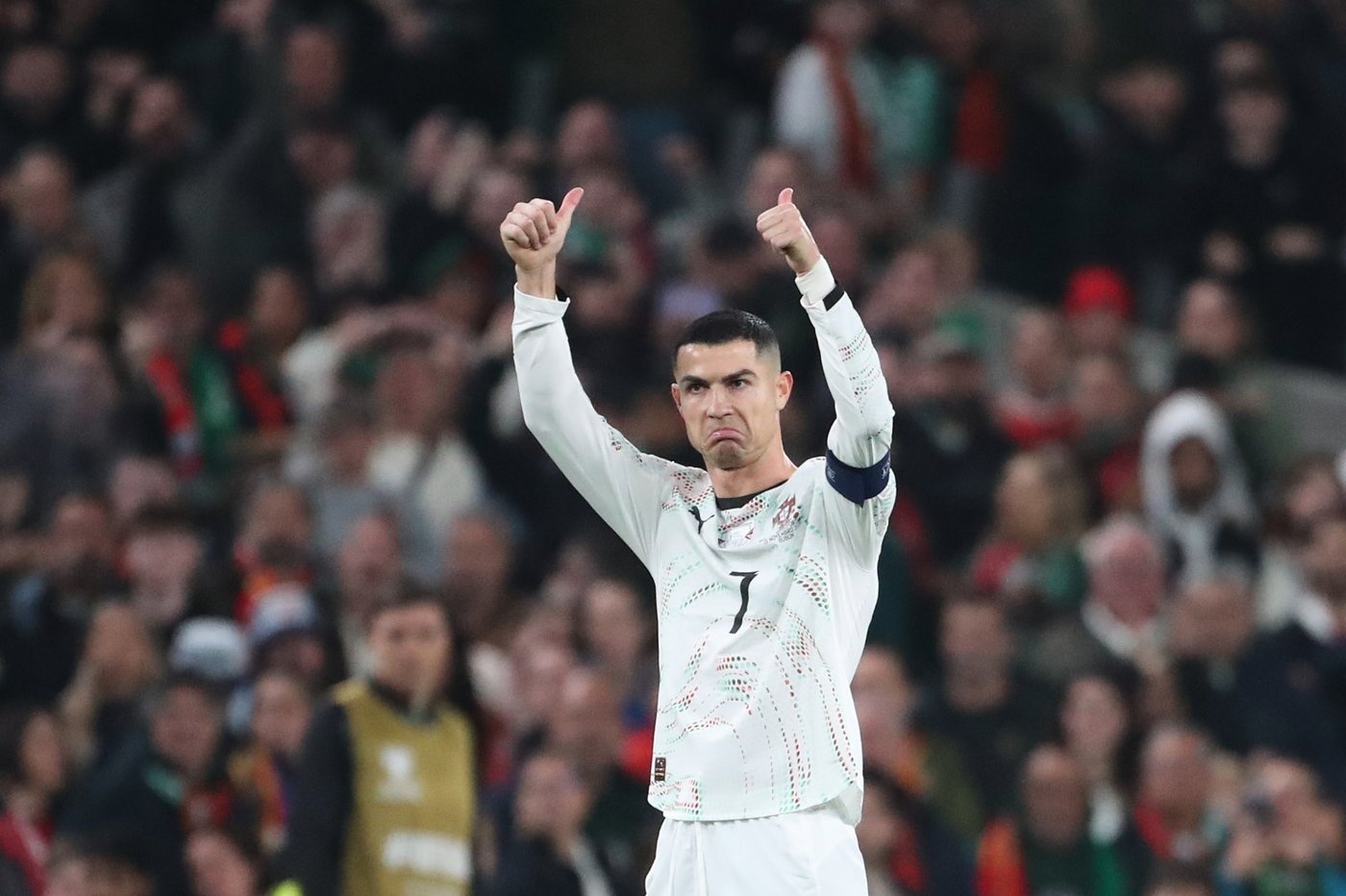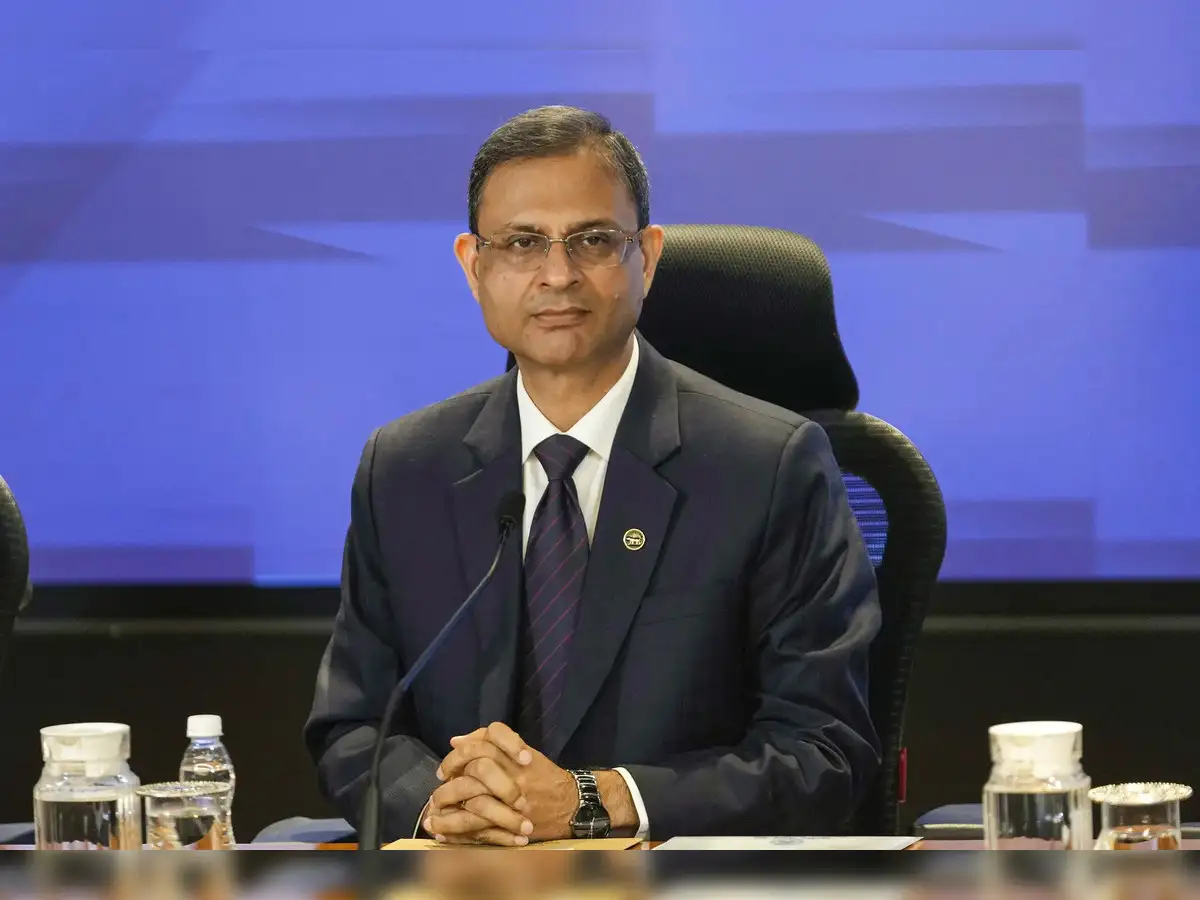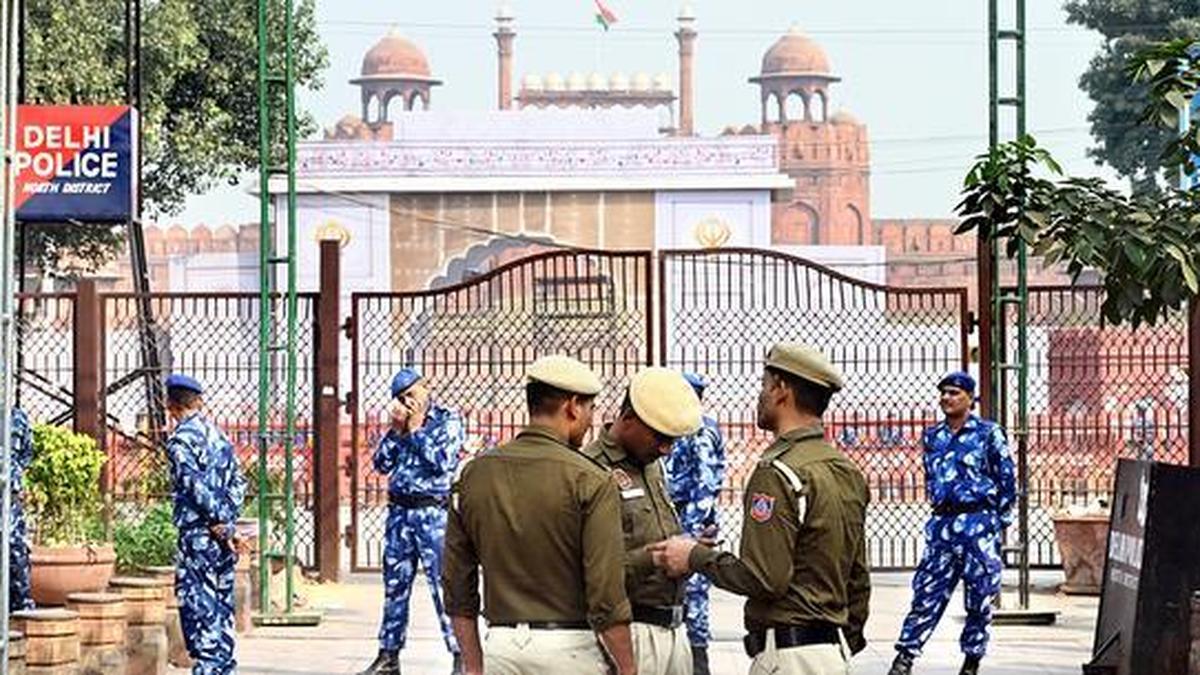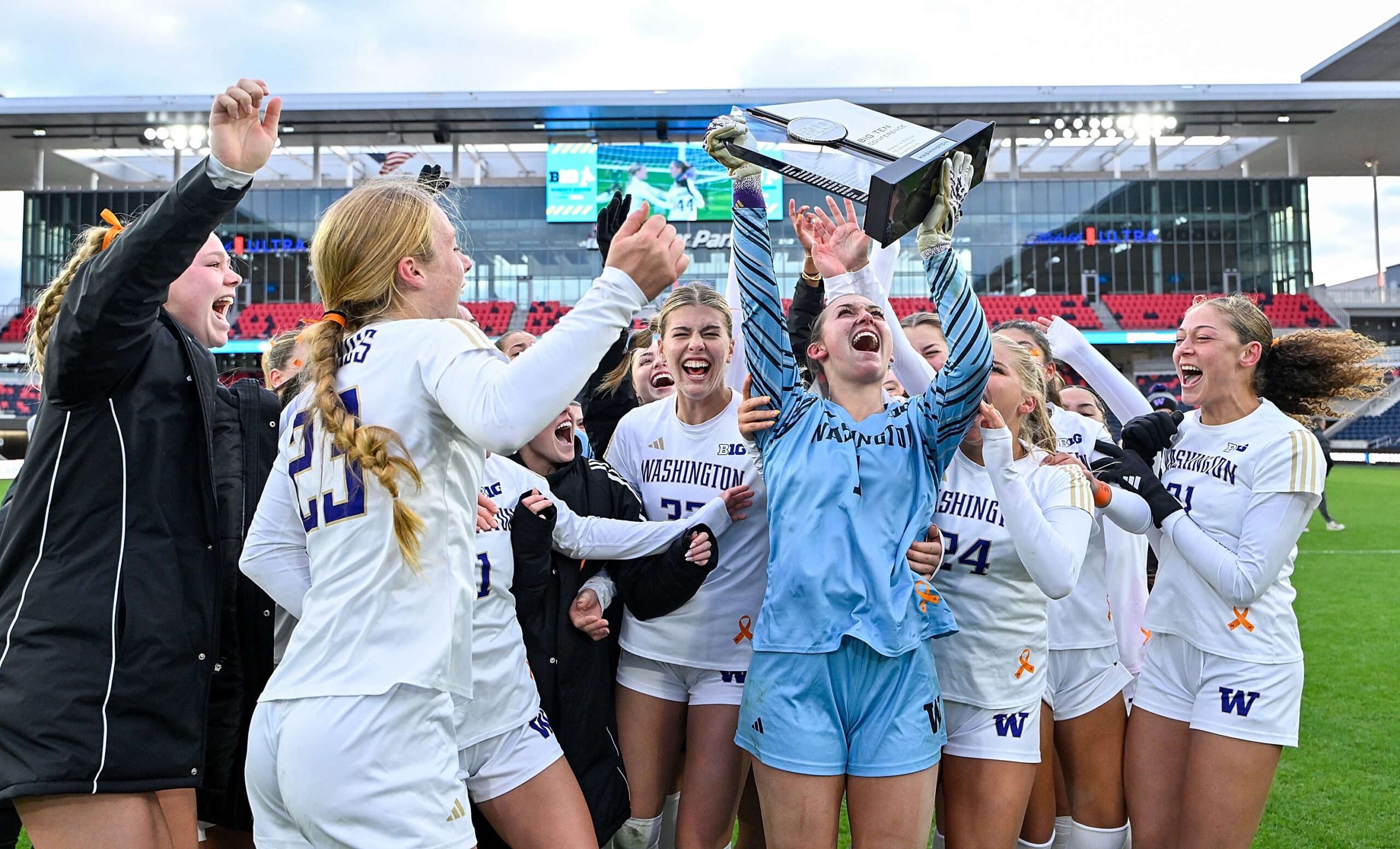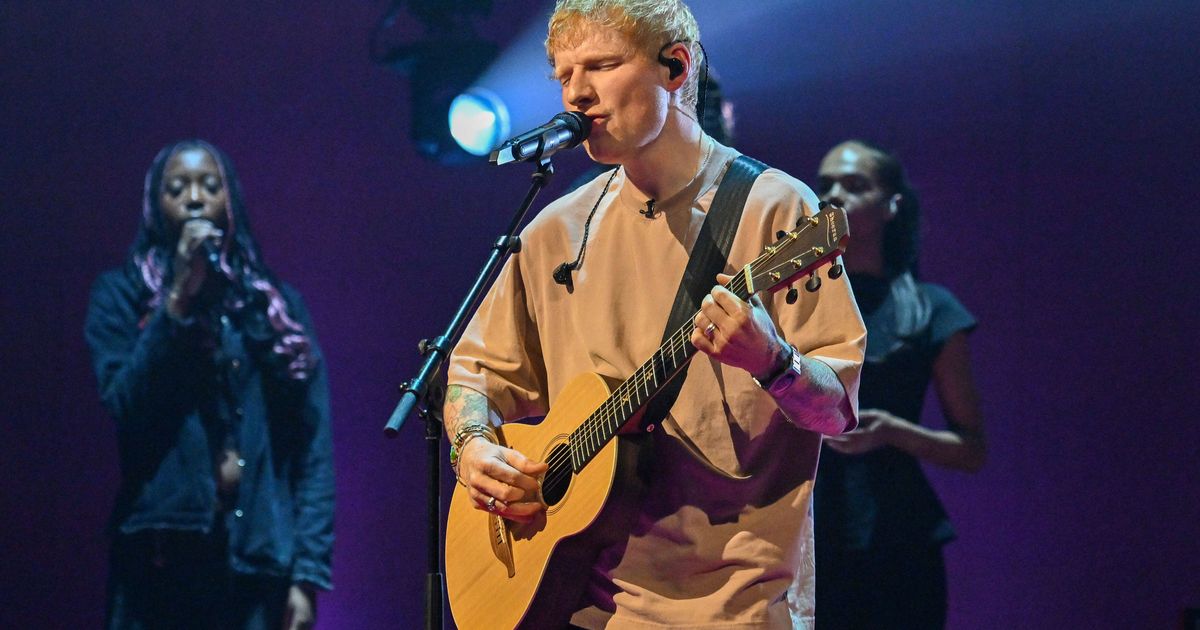Cristiano Ronaldo, one of the most iconic figures in modern football, is officially headed toward what is expected to be his final World Cup. Portugal secured qualification for the 2026 FIFA World Cup—set to be hosted jointly by the United States, Canada, and Mexico—after an extraordinary 9–1 victory over Armenia on Sunday. Although Ronaldo did not take part in the match due to suspension, the team’s dominant performance ensured that the 39-year-old superstar would have the opportunity to make history with his sixth World Cup appearance, the most by any male footballer.
Portugal’s Resounding Victory Ensures Qualification
The match, played in Porto, showcased Portugal’s attacking strength, depth, and determination. The team needed a win to cement their position at the top of Group F following a surprising 2–0 defeat to Ireland earlier in the week. That loss had briefly unsettled their qualification scenario, making the Armenia fixture a must-win encounter.
Portugal responded emphatically, delivering one of their most dominant performances in recent memory. Bruno Fernandes and João Neves both scored hat tricks, leading an offensive display that overwhelmed the Armenian side from the opening minutes. Every line of Portugal’s squad—attack, midfield, defense—played with the kind of urgency and precision expected from a top contender for next year’s World Cup.
While Ronaldo’s absence was felt among the fans, who always fill stadiums hoping to see him in action, the team ensured his legacy would continue at the highest level of the sport. With the victory, Portugal sealed the top spot in their group, leaving no room for uncertainty.
Ronaldo’s Suspension and What It Means for the World Cup
Ronaldo was not part of Sunday’s match due to suspension, which stemmed from his red card in the 2–0 loss to Ireland. The sending-off has put him at risk of missing as many as two matches during the group stage of the World Cup. The final decision will depend on disciplinary reviews by FIFA’s governing committees.
Even with the potential suspension, Portugal’s qualification ensures that Ronaldo will become the first male player in history to appear in six World Cups—a milestone he has been aiming for since announcing that the 2026 tournament will be his last.
By the time the World Cup begins in June next year, Ronaldo will be 41 years old. While age has slowed many footballers, Ronaldo continues to defy expectations with his discipline, fitness, and on-field productivity. His performances for club and country have remained strong, and he has continued to serve as both a leader and a reliable goal-scoring presence.
A Last Chance at the Trophy That Has Eluded Him
Despite his numerous achievements—five Ballon d’Or wins, European Championships success, UEFA Nations League victory, and more than 800 career goals—the World Cup trophy remains the one major title Ronaldo has never lifted. He has acknowledged publicly that the 2026 edition will be his final attempt.
For Ronaldo, the World Cup is more than a competition—it is the last peak left to conquer. His drive to compete at the highest level has been one of the central themes of his career, and entering the tournament as part of a strong Portuguese squad gives him one final opportunity to chase the ultimate dream.
With a new generation of talent rising around him—players like João Neves, Rafael Leão, Vitinha, and Gonçalo Ramos—Portugal appears more balanced and formidable than ever. This blend of young creativity and experienced leadership could make the squad a serious contender.
João Neves and Bruno Fernandes Shine in Ronaldo’s Absence
One of the most significant takeaways from Portugal’s win was the rise of younger talents stepping into leading roles. João Neves, widely regarded as one of the brightest midfield prospects in Europe, delivered one of the best performances of his international career. His hat trick not only reflected goal-scoring brilliance but also his ability to control the tempo of the game, link up play, and move seamlessly between attack and defense.
Bruno Fernandes, long a key figure in Portugal’s setup, reminded the world of his importance. His hat trick showcased his creativity, vision, and technical precision. Fernandes has grown into a natural leader within the squad, often guiding younger players and contributing heavily both on and off the ball.
Together, Neves and Fernandes demonstrated that Portugal’s future is bright—and that the team can perform exceptionally even when their most famous player is sidelined.
Roberto Martínez’s Influence on Portugal’s Success
Head coach Roberto Martínez has played a pivotal role in shaping this evolved version of Portugal. Since taking over, Martínez has focused on modernizing the team’s style, encouraging quicker transitions, more fluid movement, and greater attacking freedom. The results have been evident in Portugal’s recent performances.
The 9–1 win over Armenia is not just a reflection of skill but also of Martínez’s tactical approach, which emphasizes maximizing the strengths of each player. His ability to integrate emerging talent with seasoned veterans has strengthened Portugal’s depth—something crucial for a long tournament like the World Cup.
With a coach who has World Cup experience and a squad that blends youth and maturity, Portugal will enter the 2026 tournament as one of the teams to watch.
Looking Ahead: Portugal’s Path to the 2026 FIFA World Cup
Portugal’s qualification opens a new chapter for the national team. Their recent performances indicate a squad that is not only prepared to compete but eager to go further than ever before. Ronaldo’s participation adds inspiration and global attention, while the younger generation brings energy and innovation.
The upcoming World Cup will be the largest ever, featuring 48 teams and matches across North America. For Ronaldo, it will likely be an emotional and defining moment—the last chance to complete his legendary career with the one trophy missing from his collection.
As Portugal celebrates a well-deserved qualification, fans around the world are already marking their calendars for next June. Whether or not Portugal ultimately wins the title, one thing is certain: Cristiano Ronaldo’s sixth and final World Cup appearance will be one of the most significant storylines of the 2026 tournament.

